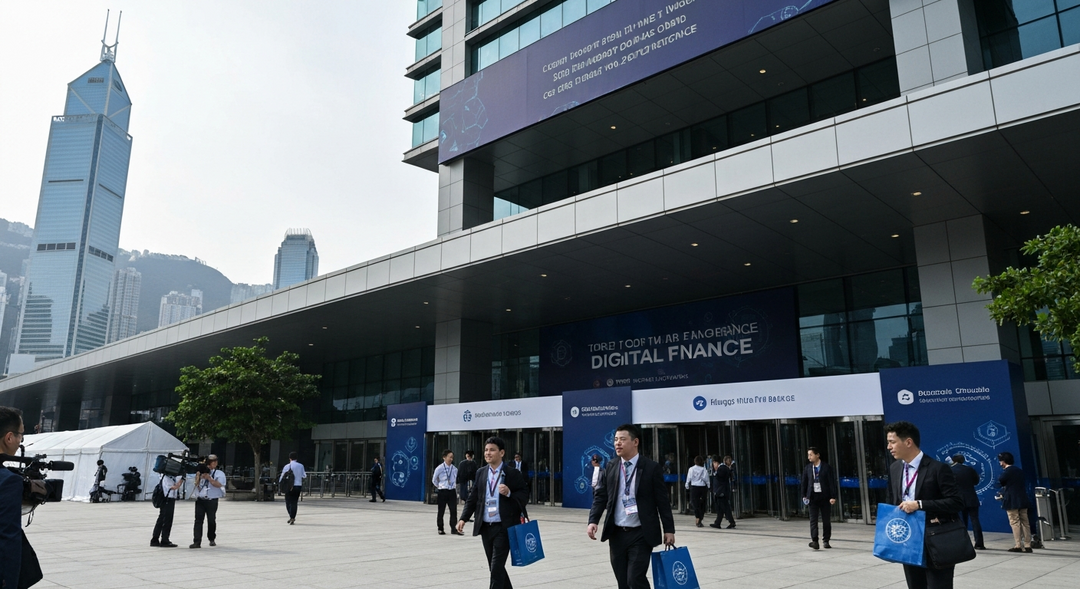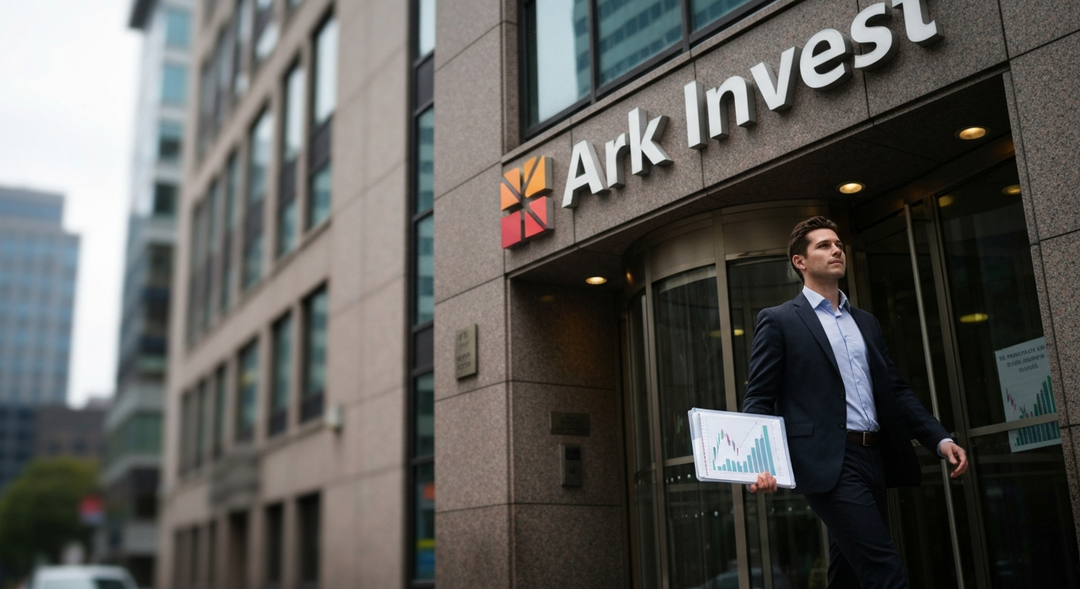Upbit’s parent company Dunamu has drawn attention with fresh moves. A flurry of new trademark filings for a project called GIWA has fueled talk of a breakthrough blockchain launch.
Social media platforms have recently been abuzz with screenshots revealing Dunamu’s applications for GIWA trademarks. These documents show stylized lettering and an image that could serve as the visual identity for what many speculate will become Dunamu’s first blockchain ecosystem.
Curiosity surged on X as whispers began after the Upbit Developer Conference drew developers, investors and enthusiasts to Seoul. Rumors suggest GIWA is more than just a product or a platform—it is anticipated to be a fully independent blockchain network, signaling a significant strategic shift for Dunamu.
The excitement ramped up after a live website surfaced under the GIWA banner, featuring a countdown timer paired with a brief, ambiguous message that reads, “Coming soon.” This website’s timing is no coincidence, as it coincides with the opening of the developer conference hosted by Upbit’s parent.
So far, neither Upbit nor Dunamu have made any official announcements regarding the project. This lack of explicit confirmation has not stopped speculation as the crypto industry eagerly waits for tangible details and possible launch plans.
If Dunamu successfully introduces its own blockchain, it would follow a growing trend where major exchanges build, support, and operate proprietary chains as a way to expand their business models and ecosystems.
Growing Trend of Exchange-backed Blockchains
There has been a notable surge in exchanges creating and supporting blockchain networks tailored to their users’ needs. Coinbase took the leap with their Base platform, designed for scalability and integration into their larger suite of services.
Binance led a similar path by helping establish BSC Chain, which has since evolved into the BNB Chain, offering wider functionality and opportunities for global crypto participants. OKX also entered this space with OKChain, seeking to provide flexibility and commercial opportunities in decentralized finance.
The success and adoption of these chains highlight the competitive advantages for exchanges willing to take on the challenge of blockchain development. These efforts can open new business avenues, spur innovation and provide investors with fresh utility on familiar platforms.
Outside the exchange space, companies from the payments and technology sector are moving in fast. Just recently, Stripe partnered with Paradigm to launch Tempo, a blockchain that aims to provide instantaneous stablecoin payments. This project boasts the support of leading brands in both finance and technology, signaling a growing convergence of traditional and digital financial services.
Observers believe this landscape is set for further innovation as blockchain technology finds increasing relevance in payments, decentralized finance and even new asset issuance.
Market Implications and Strategic Outlook
Should GIWA debut as anticipated, Dunamu will be positioning itself at the heart of the next phase of the blockchain race. With Upbit holding a dominant presence in South Korea’s crypto market, a proprietary blockchain could facilitate new forms of token launches, decentralized applications and additional staking opportunities for its considerable user base.
Industry experts view this possible move as an opportunity for Dunamu to increase competitiveness, offer tailored features and cement its leadership in a rapidly evolving market. Exchange-built blockchains also tend to draw in development communities, which in turn create further traction with users seeking reliable, purpose-built solutions.
Many investors see these developments as a signal to watch for new opportunities in staking, yield farming and the tokenization of real-world assets. Efficiency, transparency and speed become even more desirable as users seek to Start Cloud Mining or trade digital assets with minimal friction.
The timing of GIWA’s rumored launch—aligned with a developer-centric conference—has heightened anticipation. Projects that reveal themselves at such events tend to benefit from immediate feedback, developer interest and potential partnerships.
If Dunamu provides developer resources and incentives, GIWA could quickly develop a strong ecosystem. This strategy has proven effective for other exchange-launched networks and often results in robust early adoption.
Some market watchers are waiting for details about potential partnerships, infrastructure capabilities and compatibility with existing platforms. Integration with established applications can make all the difference in gaining traction in a crowded field.
Conclusion
As Dunamu prepares for a possible major move with GIWA, the entire digital asset community is watching closely. The lack of official details only adds to the intrigue and potential market impact.
If confirmed, GIWA could reshape Dunamu’s technology portfolio, setting new standards in the blockchain space and fueling innovation in both South Korea and worldwide. User interest remains sky-high, and anticipation continues to build as the countdown draws to a close.

Ewan’s fascination with cryptocurrency started through his curiosity about innovative technologies reshaping the financial world. Over the past four years, he has specialized in cloud mining and crypto asset management, diving deep into mining contracts, profitability analysis, and emerging trends. Ewan is dedicated to helping readers understand the technical and economic aspects of crypto mining, making complex information accessible and actionable.




